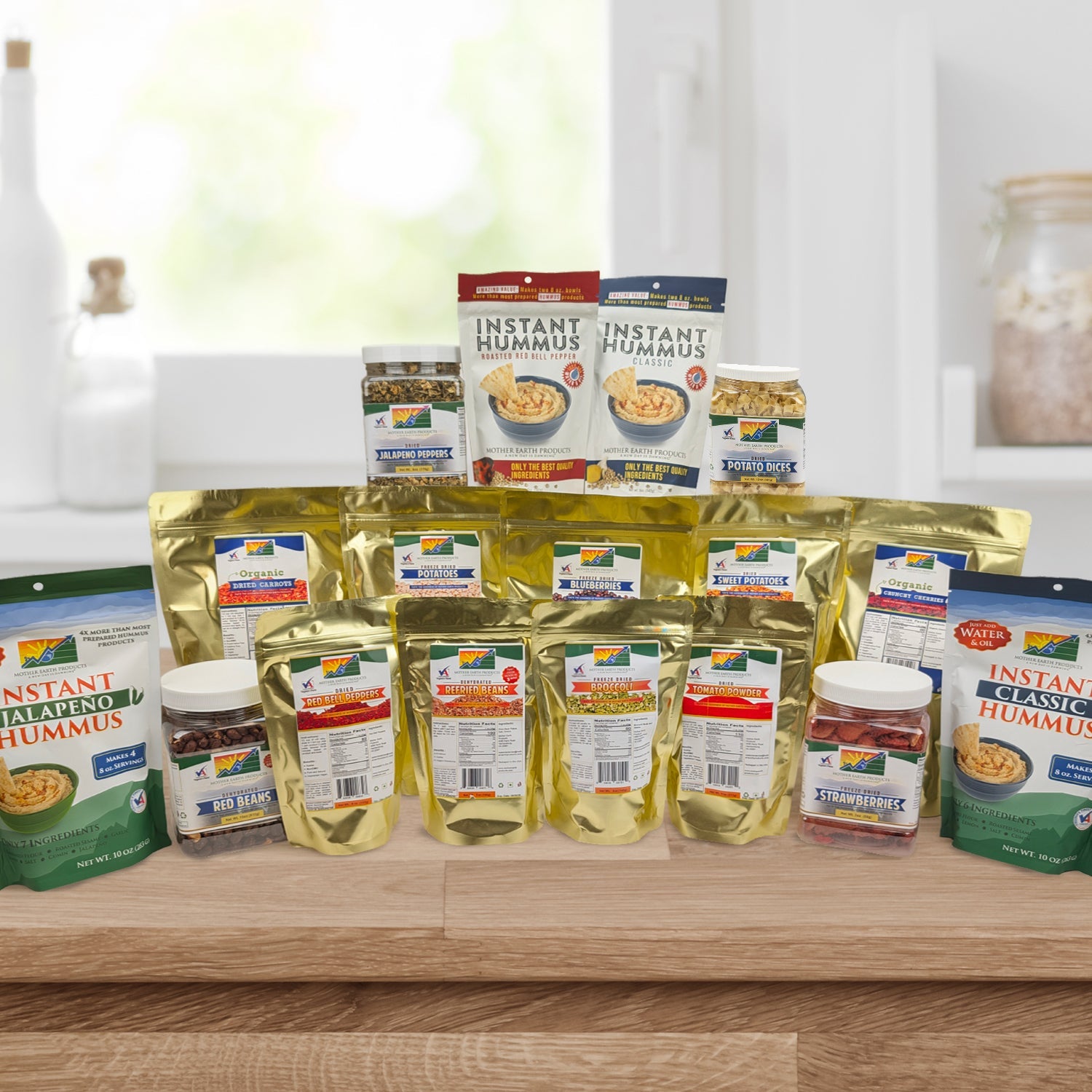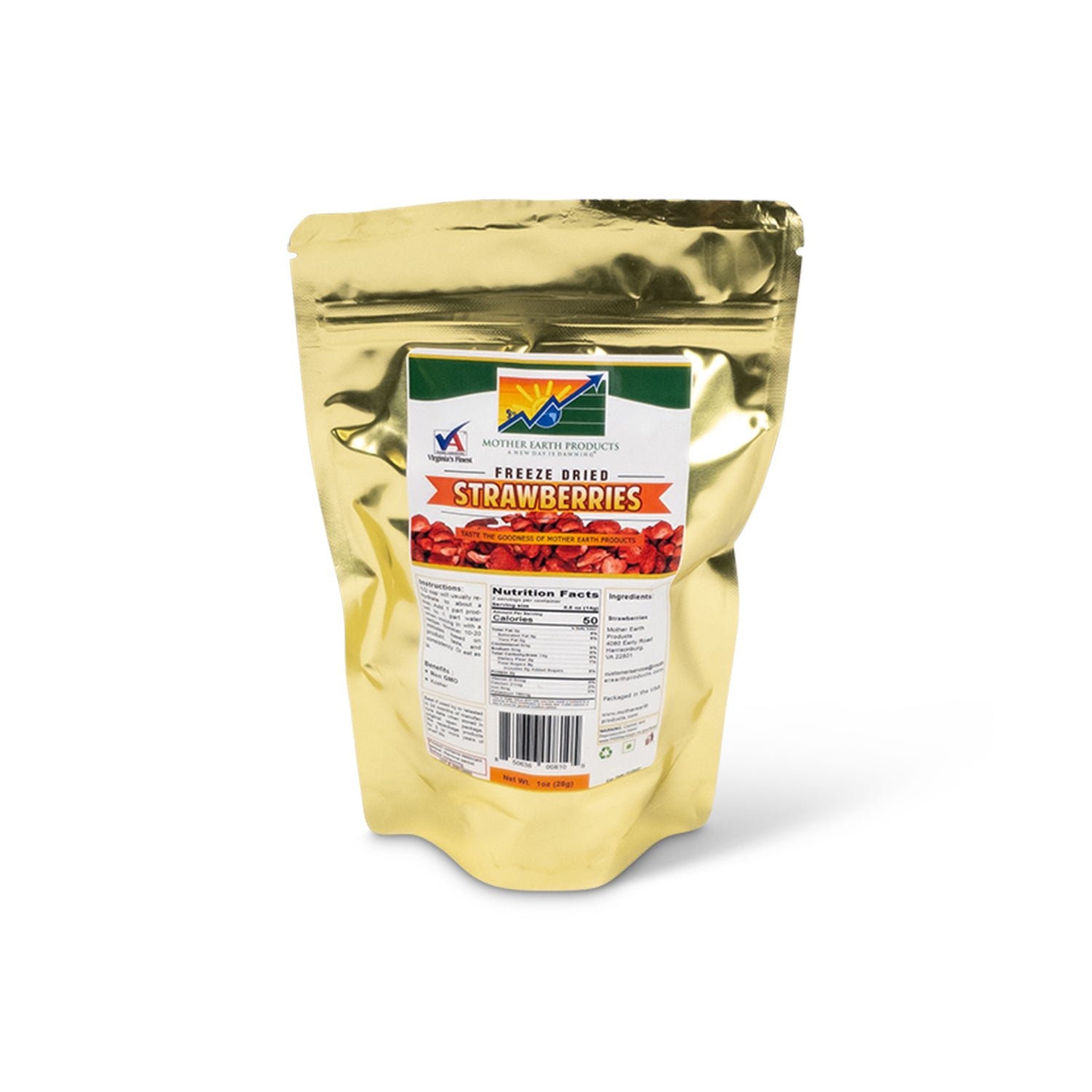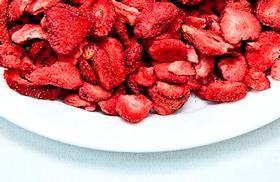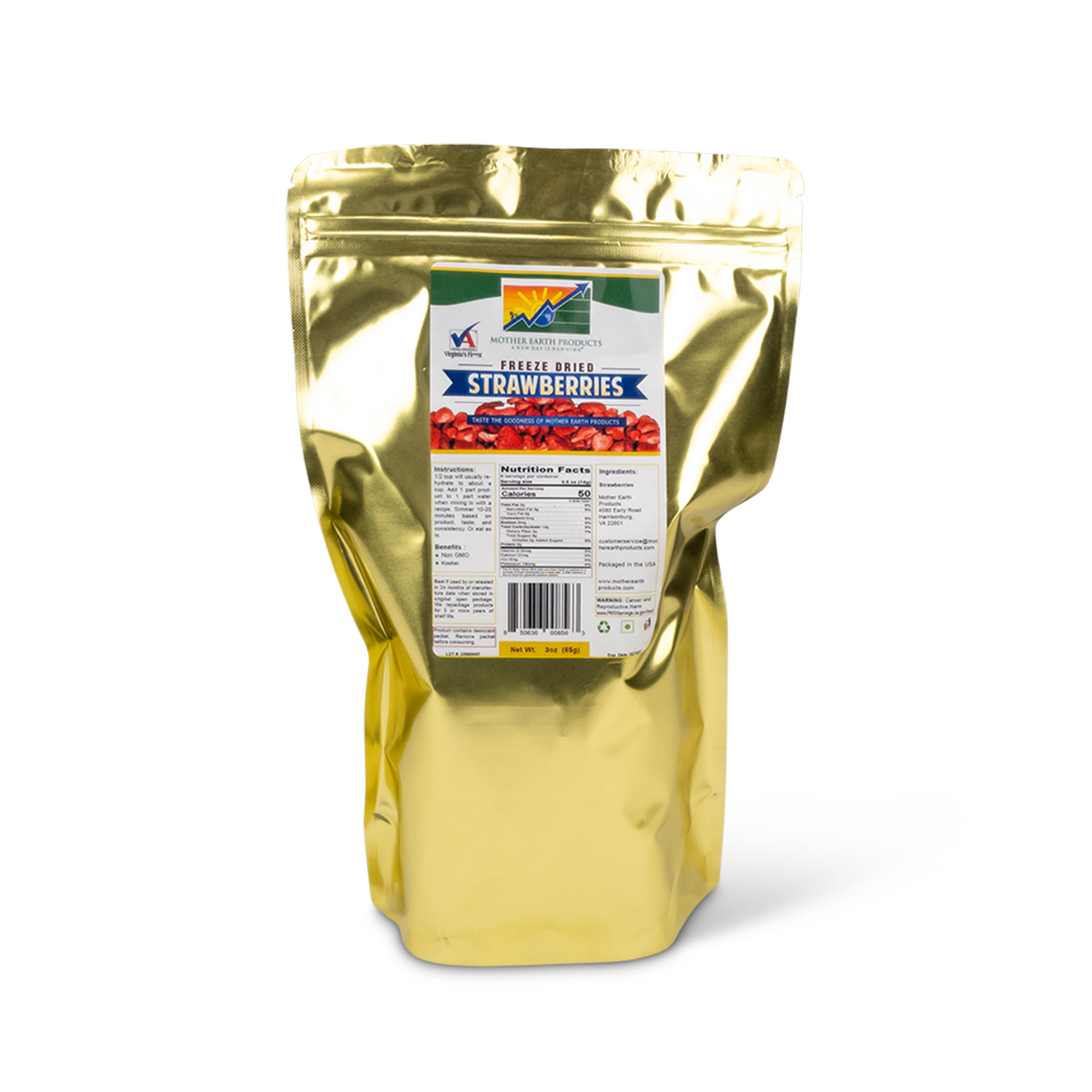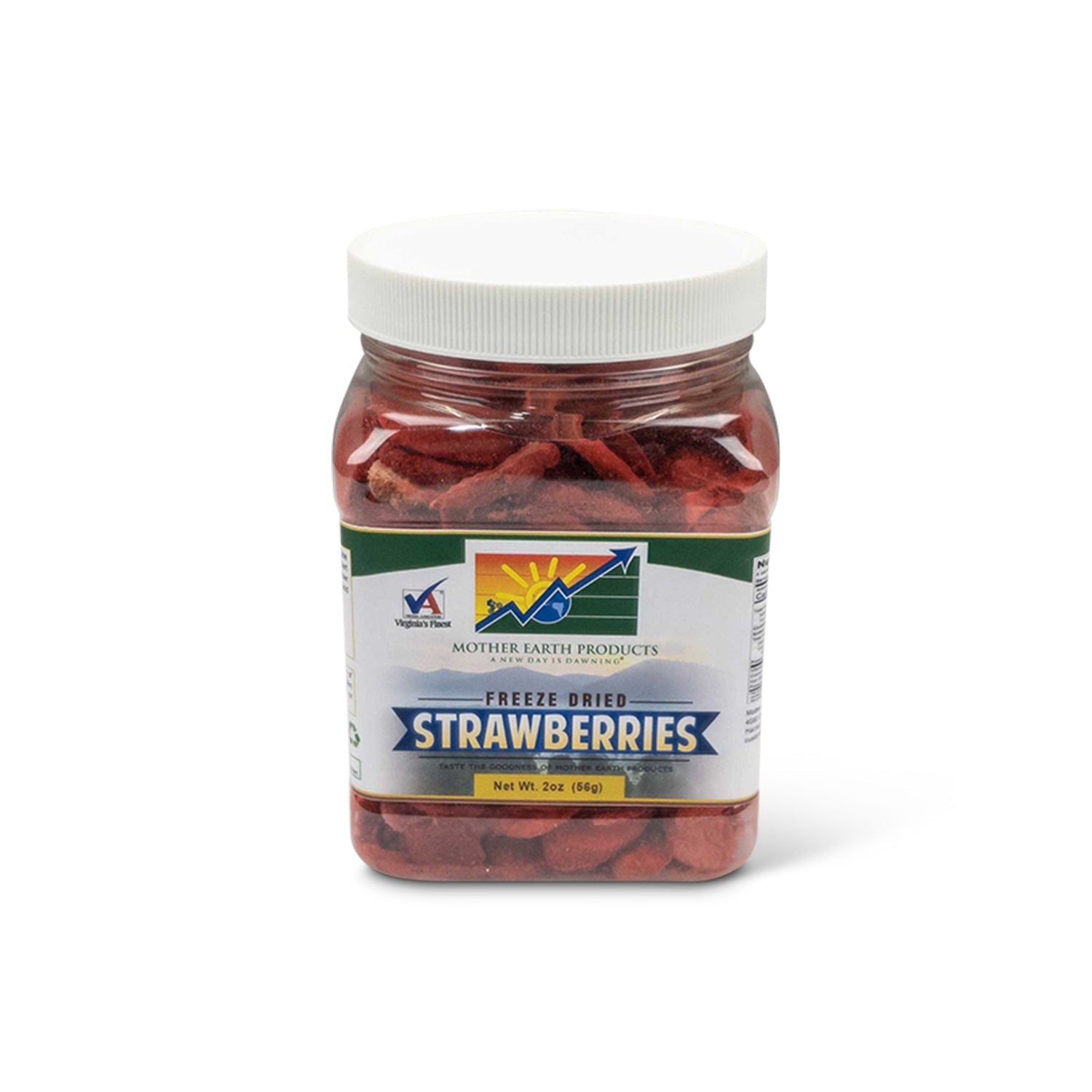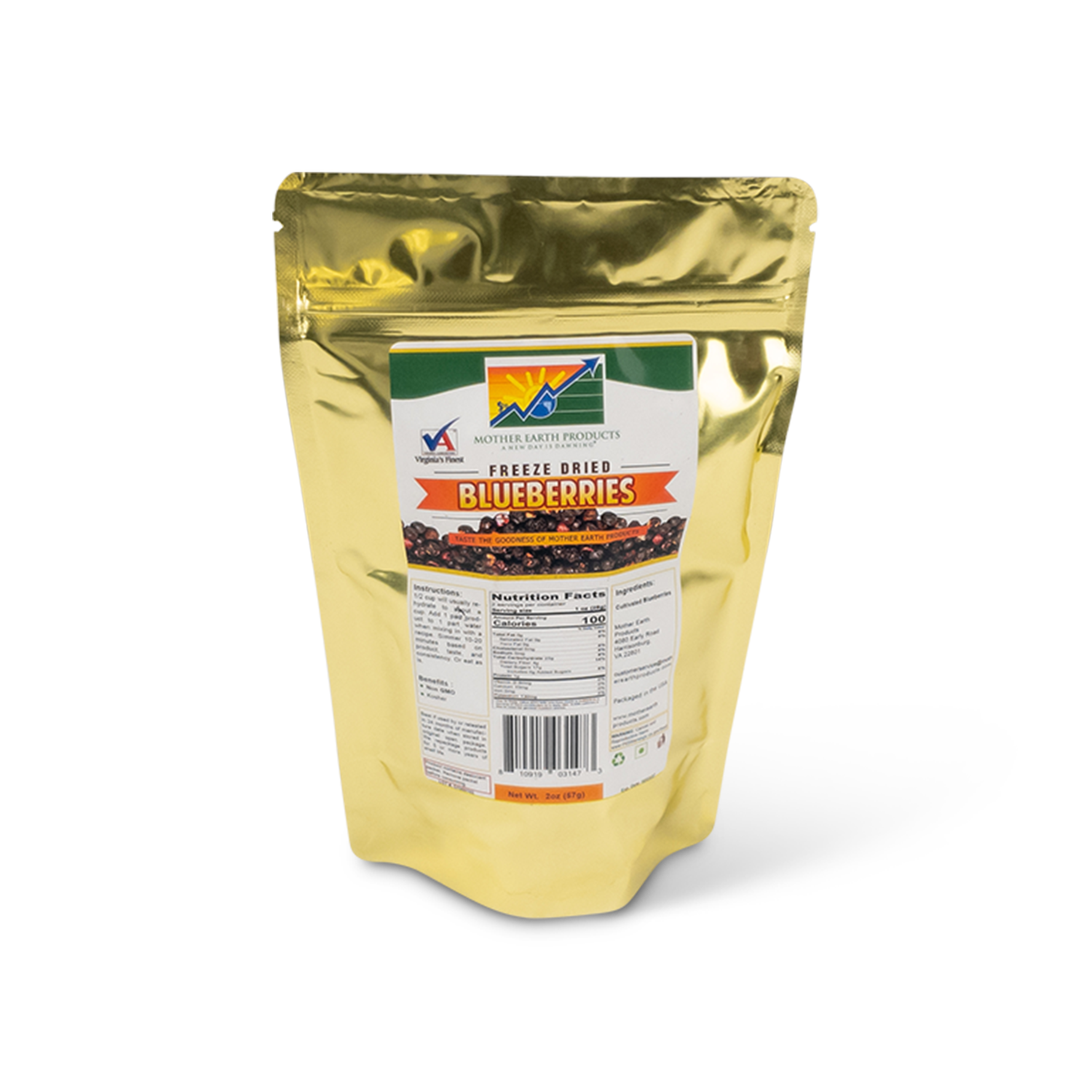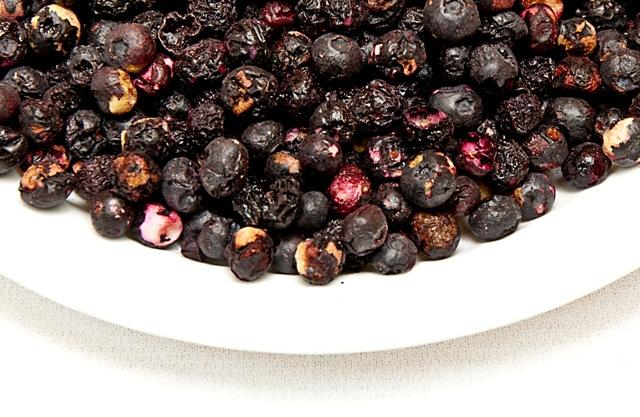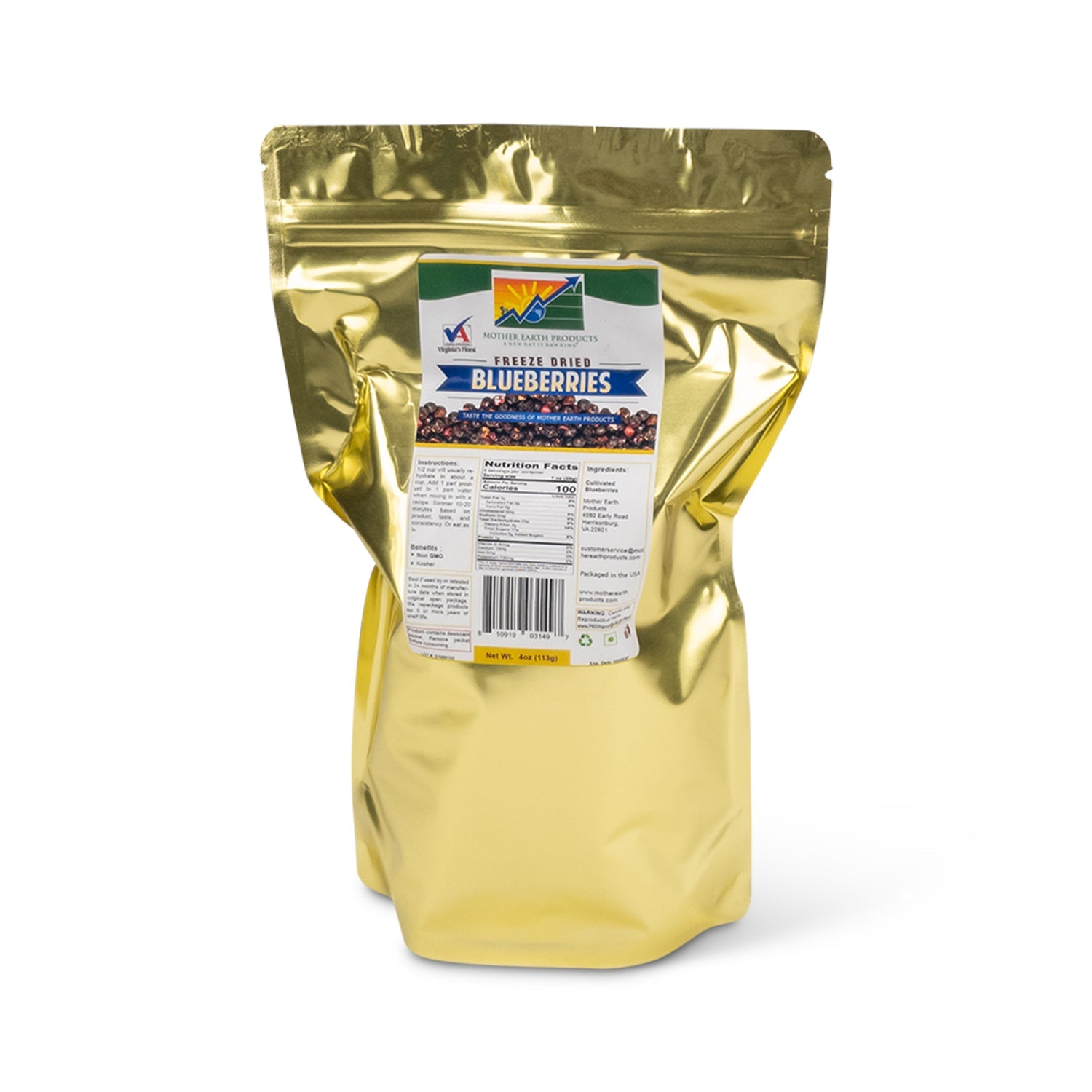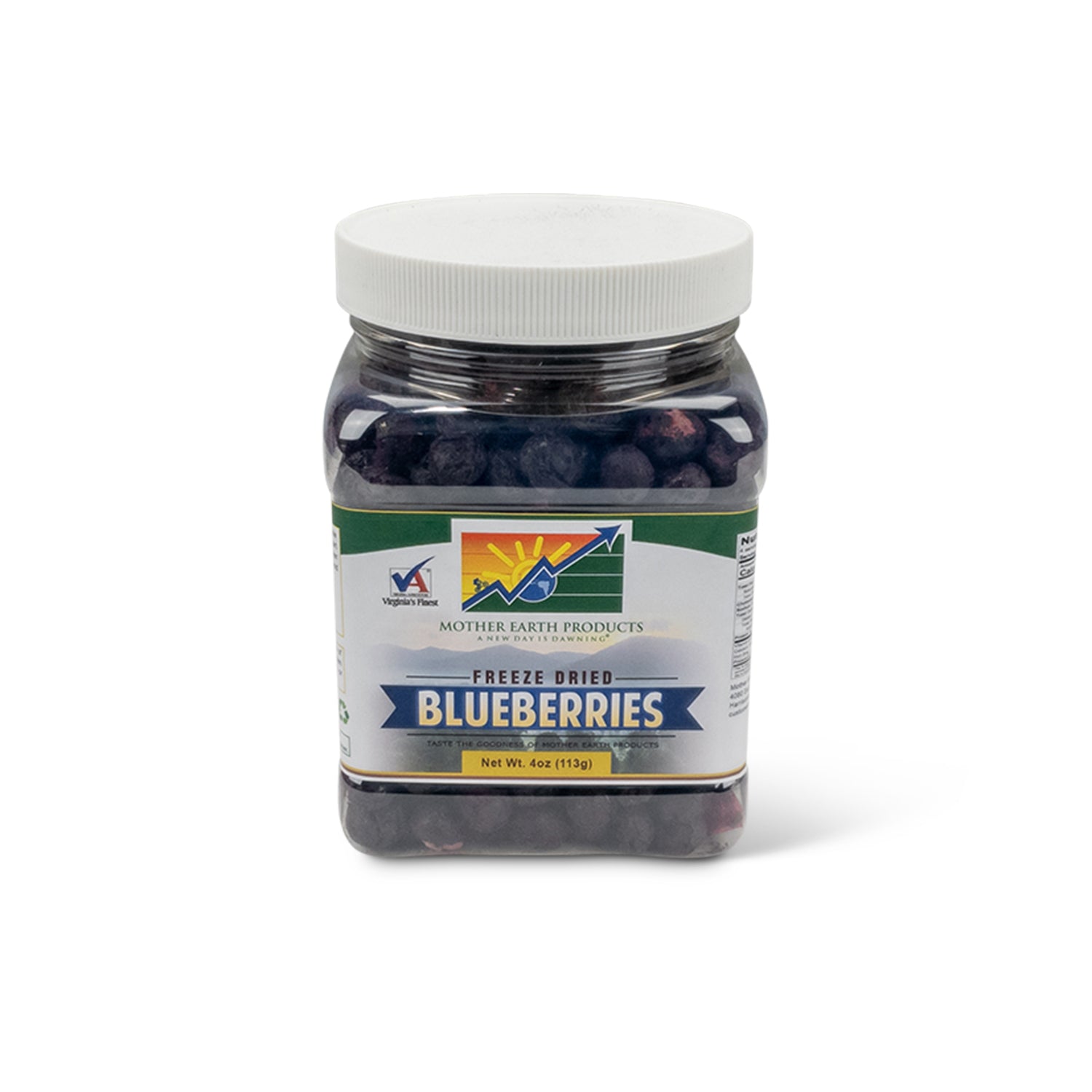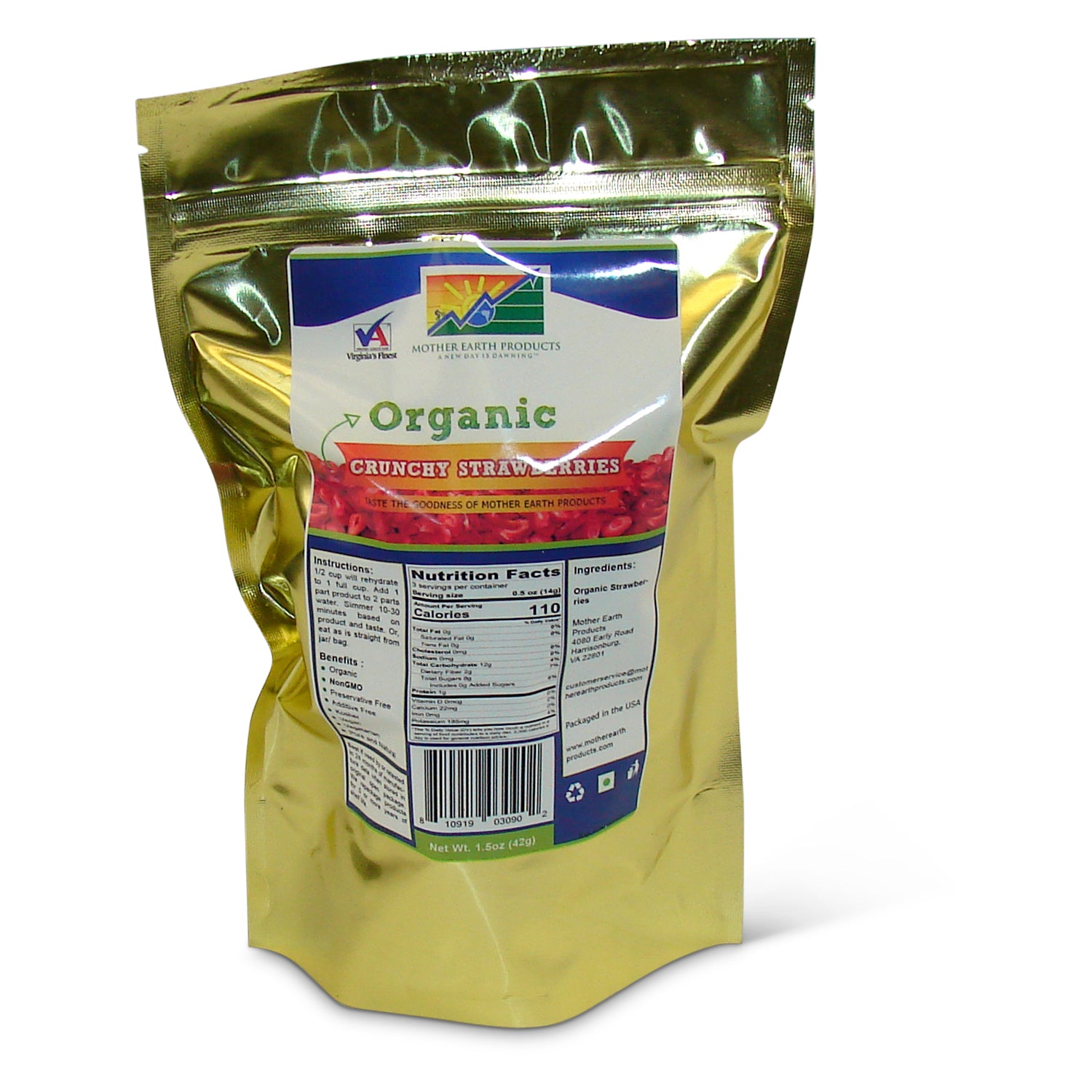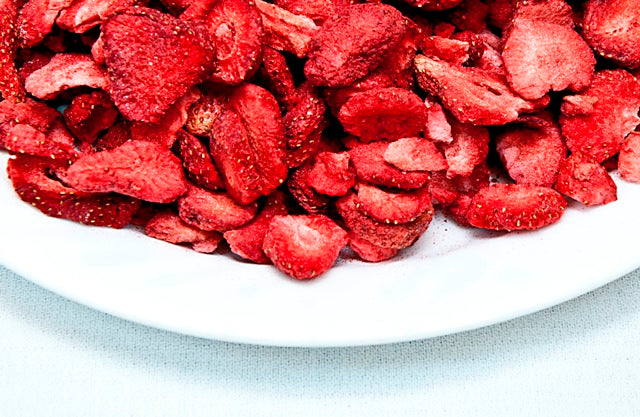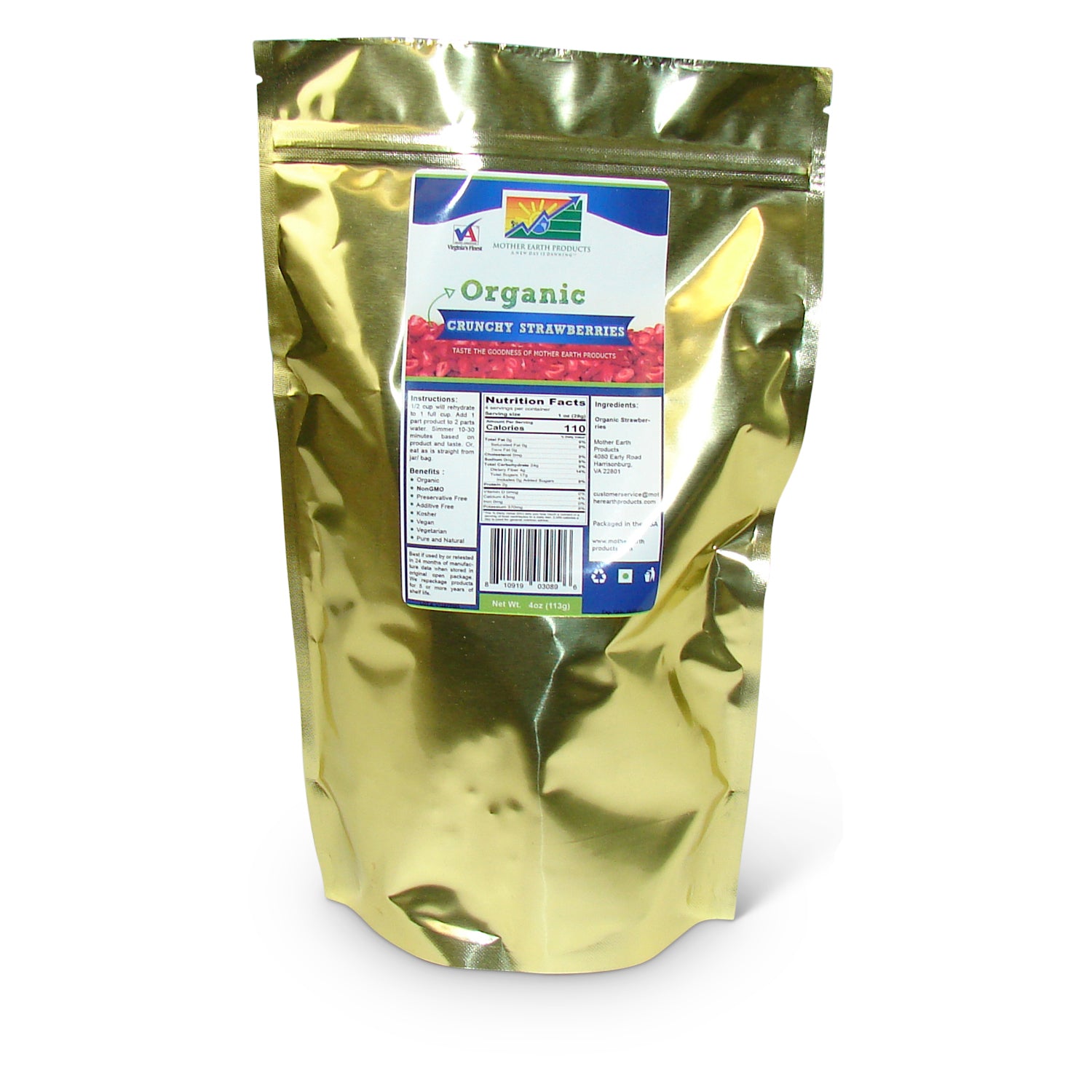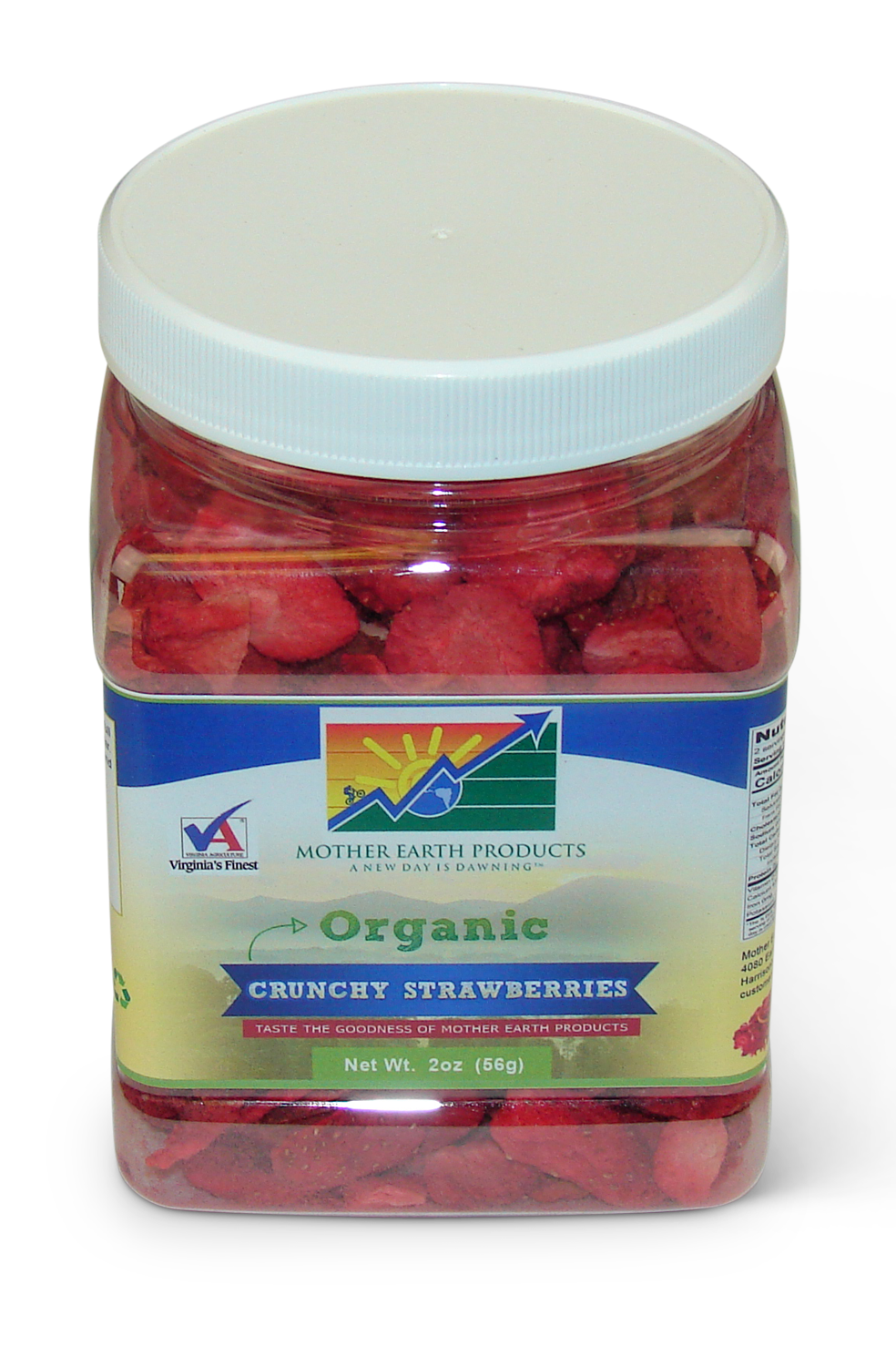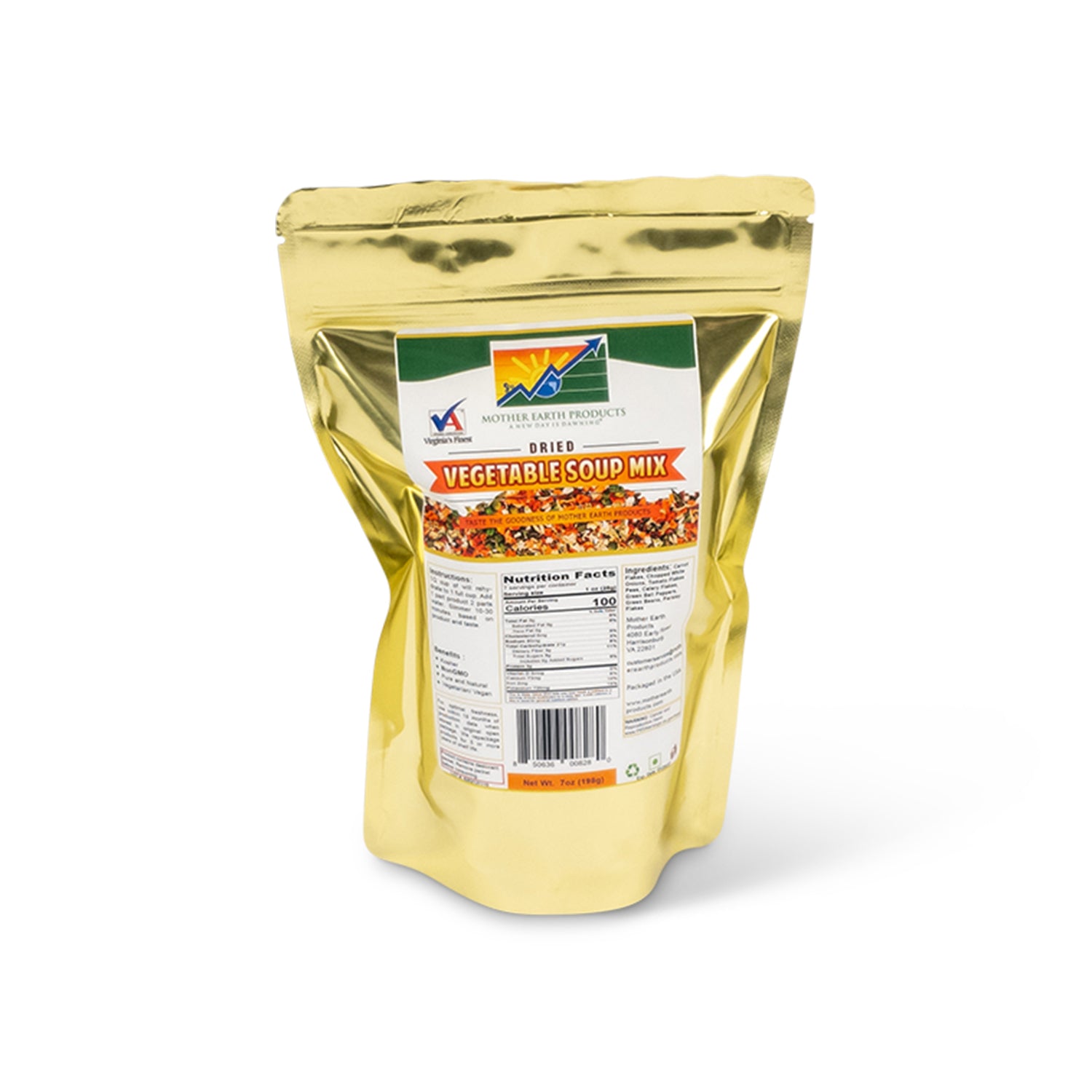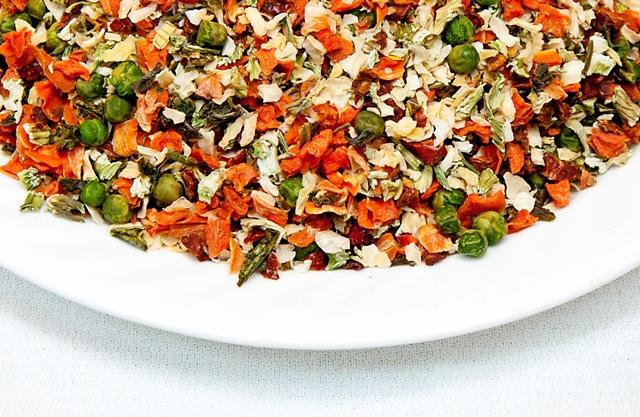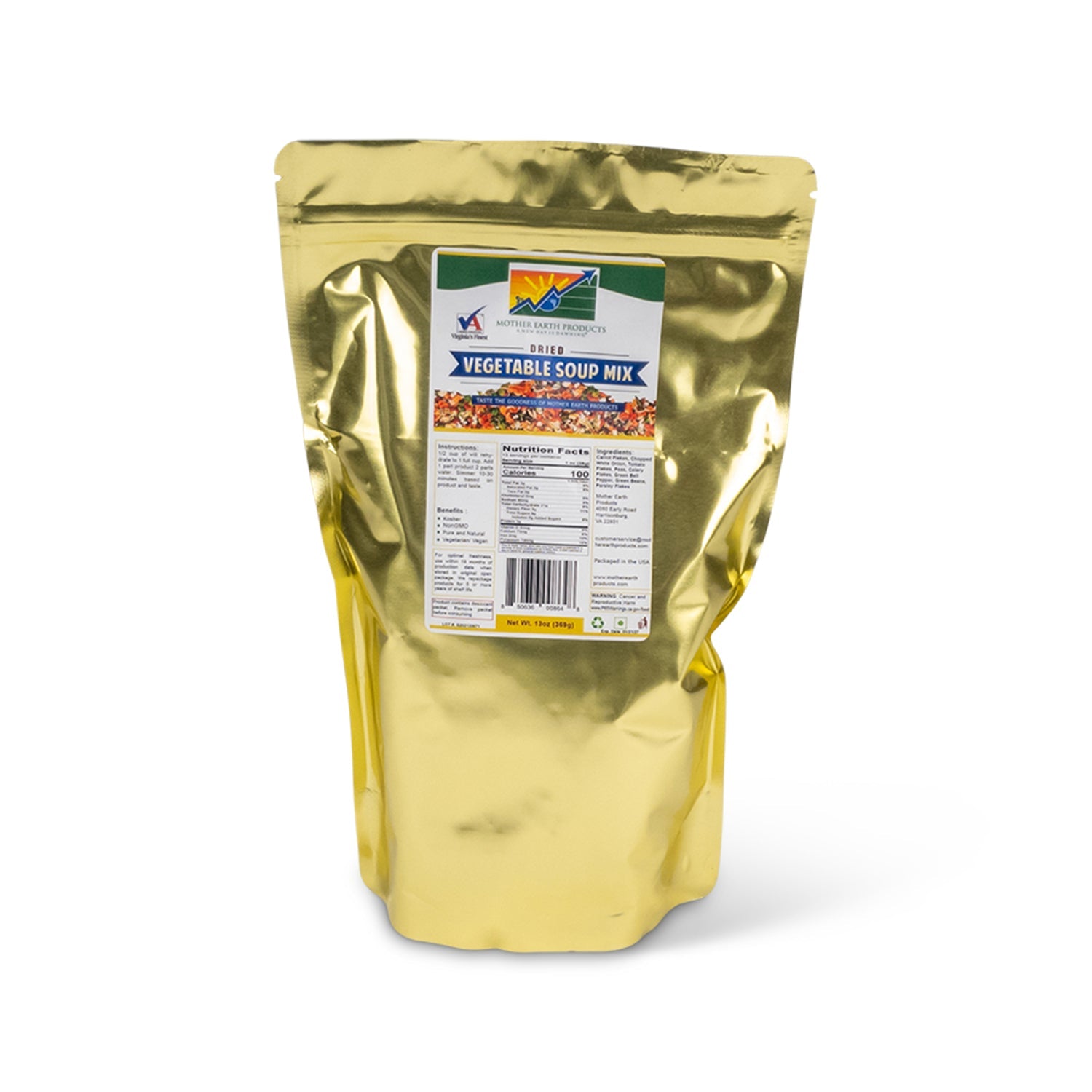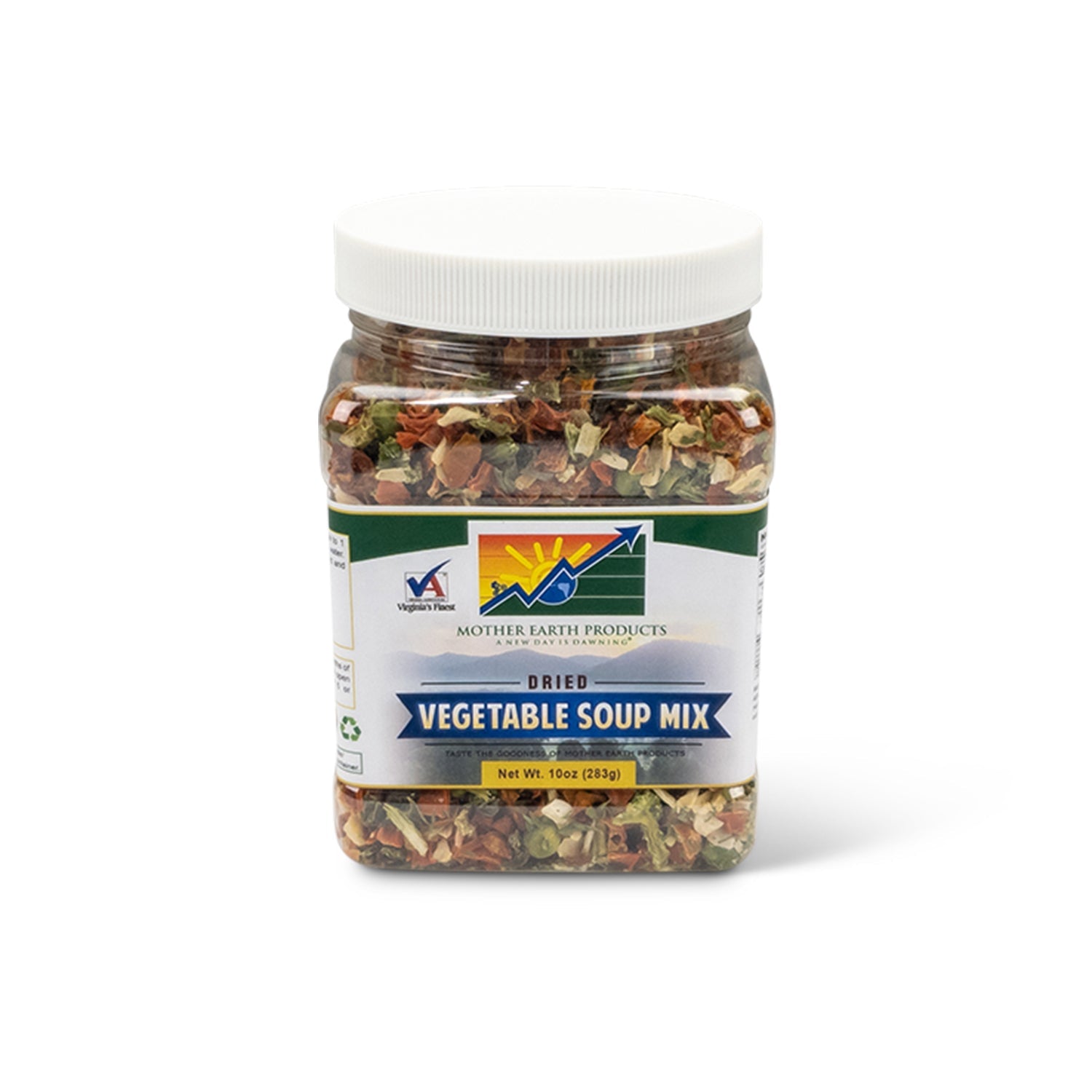Food waste is a big problem in the world. According to the World Economic Forum, about a third (1.3 billion tons) of food produced worldwide is discarded.1 In the U.S, about 30-40% of food is thrown out every year, equivalent to about $161 billion.2 The major problem with food waste is not just a waste of money, but when food is discarded, it is channeled to the landfills where it rots and emits methane gas - the second most common greenhouse gas. Food waste accounts for as much as 10% of greenhouse gas emissions induced by human activity.3
Furthermore, it also leads to a loss of water used for agriculture since about 24% (45 trillion gallons) of water used in agriculture is lost per year owing to food waste.1 This means that we lose not only the food, but also the energy, fertilizer, and land that goes into food production. If you’re not swayed by environmental concerns, then think about this, a typical American household of 4 discards about $1600 worth of food every year.3
Although these numbers may seem overwhelming, we can reduce the harmful effects of food waste by reducing food waste in our households. During summer, most people are out and about traveling, hiking, or outdoors and may neglect the food in the house and causing unintended food waste. Summertime may also affect the shelf life of food because the heat causes the food to change its flavor and spoil faster if not stored properly. Food waste mainly comes from how we shop, store, eat, and dispose of food. Try these helpful tips for reducing food waste in summer.
7 Smart Ways for Reducing Food Waste in Summer
Let’s minimize the impact of food waste on the environment and make food last longer or shop consciously. Here are 7 ways to reduce food waste in summer.
Meal planning
The extreme heat of summer may affect your appetite. You will notice that you crave lighter foods, such as a salad or watermelon; so, you need to plan and shop according to the season. Take an inventory of what you have in the pantry, fridge, and freezer before you buy more groceries to avoid buying what you don’t need.
Have a weekly menu plan for a few meals once or twice weekly to ensure you’re eating healthy foods. You can also adopt meal prepping, where you prepare the food for a week to minimize the time you spend cooking. When meal prepping, using the same ingredients, such as tomatoes, in several recipes is effective in reducing food waste in summer.
Buy freeze dried fruits and vegetables
Freeze drying is a food preservation method that retains the nutritional value of foods, color, and shape. By removing moisture and oxygen, the method inhibits the growth of bacteria and allows you to eat foods all year long. Freeze dried produce stays fresher longer and doesn’t need refrigeration. They also weigh less than fresh produce and take up less space in your pantry.
Here are some of the best options for freeze dried fruits and vegetables:
- Freeze dried apples
- Freeze dried banana
- Freeze dried mangos
- Freeze dried strawberries
- Freeze dried broccoli
- Freeze dried bell peppers
- Freeze dried peas
- Freeze dried green beans
Store food correctly
Food spoilage is one of the causes of household food waste. Most people complain that the reason they don’t eat adequate fruits and vegetables is that when they buy them they go bad very quickly. You need to store fruits and vegetables properly so that they taste good and last longer.
Most fruits release natural gasses, such as ethylene, as they ripen which makes other produce ripen and then spoil fast. Separate foods that emit the gasses (bananas, avocados, and tomatoes) by themselves and store the other fruits (apples, leafy greens, bell peppers, and berries) in different bins to avoid food spoilage.
Here are other helpful food storage tips to reduce food waste in summer:
- Store potatoes and onions in a cool, dark place and keep fresh herbs in a glass of water to extend their shelf life.
- Do not wash berries until you want to eat them, because excess moisture can cause molds.
- Keep perishable foods, that have a shorter shelf life, at the front of the kitchen cupboard and the fridge to ensure that you use them first before other foods.
- Keep the fruits in the refrigerator for maximum freshness and take them out in the morning of the day you want to eat.
- Wrap the vegetables, such as spinach, kale, and lettuce, in a damp towel before refrigeration to help them keep fresh and crisp for longer.
- Once you open dry produce (crackers or pasta), put them in a container to prevent moisture that would make them go stale faster.
- Store foods in the freezer in the order of the date of purchase to ensure that you use the older food first.
Repurpose the leftovers
Find creative ways to reuse the leftovers rather than toss them. Use overripe bananas for smoothies or banana bread; add apples or blueberries to oatmeal. You can also use bread to make croutons or egg strata, and use vegetables that have started to wilt to make soups or stir fries.
Store leftover foods in clear jars so that you don’t forget them. Have a specific day to eat leftovers to avoid accumulating most of them in the fridge.
Use the freezer
Cooked food is only safe for about 4 hours at room temperature, and only half if placed directly under the hot summer sun. Keep only the food you’ll be eating at room temperature and freeze the rest.
When you have shopped in bulk and realize that you can’t use up everything, make the freezer your friend. With the heat in summer, foods cannot last long at room temperature; the best part is that you can literally freeze everything: bread, cheese, milk, food leftovers, fruits, and vegetables.
Use a jar or ziploc freezer bags or freezer safe glass (which cannot crack) and make sure to leave room at the top to allow space for the liquids when they expand. When freezing baked goods (cookies), wrap them tightly in plastic then again in foil or a freezer bag. You can also freeze vegetables (broccoli, peas, cauliflower, onions, bell peppers, and sweet corn) to make them last longer before you cook them. Freeze leftover foods and meat that you don’t think you’ll finish soon for future use.
Composting
When you have to throw food away, consider composting as a way to repurpose food scraps into nutrients for the soil to grow more food. If you don’t have a backyard, use indoor composting options, such as a compost bin or a traditional pile. You also don’t have to throw away vegetable peels, instead use backyard composting as a way to provide nutrition for your garden and also keep the food waste away from the landfills.
Donate food
Throwing food takes away the same amount of food that could have been used to feed the hungry. Donate excess food to a local food bank or soup kitchen to help those in need. Donating food will help in reducing food waste in summer.
Conclusion
Summer is the time to enjoy the sunshine, outdoor activities, and grilling. But it is also a time when a lot of food goes to waste - which has not only economic implications, but also societal and environmental. Follow these tips for reducing food waste in summer and make a difference in your society and the environment and reduce the burden of food wasted every year. Click here to buy freeze dried fruits, vegetables, and beans from Mother Earth Products and enjoy a longer shelf life and reduced food wastage.
References
- https://www.weforum.org/agenda/2019/02/20-easy-ways-to-reduce-your-food-waste
- https://www.mayoclinichealthsystem.org/hometown-health/speaking-of-health/7-ways-to-reduce-food-waste-in-your-kitchen
- https://www.vitacost.com/blog/ways-to-reduce-food-waste-in-the-summer/
- https://bektrom.com/5-ways-to-reduce-food-waste-this-summer/


